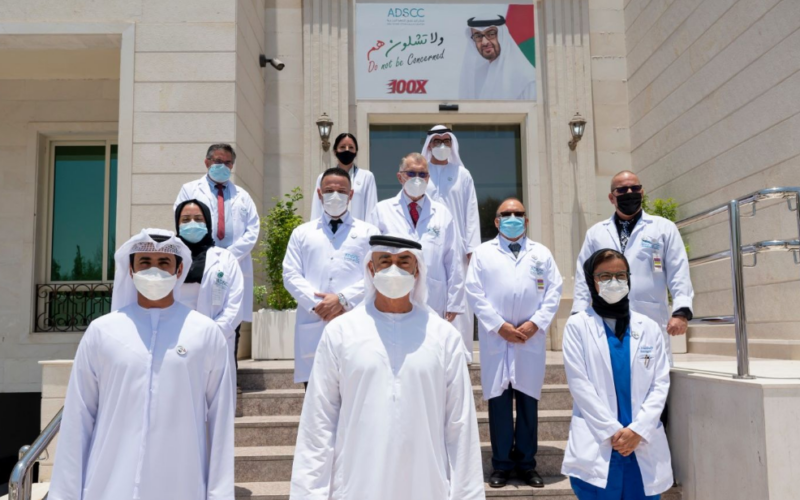The Abu Dhabi Stem Cells Center (ADSCC) has recently taken a significant step towards revolutionizing diabetes treatment through a groundbreaking joint research agreement with Kyoto University’s Center for iPS Cell Research and Application (CiRA) and Japan-based biotech company, Rege Nephro. This collaborative effort is poised to make strides in diabetes care by developing innovative treatments using advanced stem cell therapy techniques.
As the UAE’s first and most experienced stem cell transplant center, ADSCC specializes in advanced stem cell therapy, research, and regenerative medicine. Stem cell therapy, also known as regenerative medicine, has the potential to promote the repair response of diseased, dysfunctional, or injured tissue using stem cells or their derivatives, according to Mayo Clinic.
The collaboration between ADSCC and its Japanese counterparts aims to revolutionize diabetes care. The joint research focuses on developing a new treatment using pancreatic beta cells derived from human induced pluripotent stem cells (iPS cells). These cells are obtained from skin or blood cells and genetically modified in advanced laboratories to replicate the tissue affected by diabetes.
To facilitate this groundbreaking research, ADSCC has established a laboratory at Kyoto University in Japan. This strategic move reflects the commitment to international cooperation and the pursuit of excellence in diabetes care on a global scale.
The joint research effort will concentrate on enhancing the therapeutic efficacy of iPS cell-derived pancreatic beta cells through genetic modifications. This development offers cell therapy options for patients with type 1 diabetes, as well as screening and testing potential drugs for type 2 diabetes. The ultimate goal is to develop novel approaches for managing type 2 diabetes and improve the overall quality of life for patients.
Prof. Dr Yendry Ventura, CEO of ADSCC, expressed the significance of international cooperation in achieving excellence in diabetes care. He emphasized ADSCC’s commitment to making a profound impact in the field of diabetes care and cellular therapy on a global scale.
Professor Kenji Osafune, Head of the Department of Cell Growth and Differentiation at CiRA, highlighted the collaborative mission to provide swift and effective treatments for diabetes, thereby enhancing the quality of life and prognosis for patients worldwide.
The collaboration addresses the significant global burden of diabetes, affecting 537 million individuals worldwide. The complications associated with diabetes, such as chronic kidney disease, cerebral infarction, and myocardial infarction, pose substantial health risks.
The prevalence of diabetes in the UAE is reported to be 16.3 percent, according to the International Diabetes Federation (IDF). This places the Middle East and North Africa region at the forefront in terms of regional diabetes prevalence.
With the support of the Department of Health – Abu Dhabi, this collaboration between ADSCC, Kyoto University’s CiRA, and Rege Nephro is poised to pave the way for transformative healthcare solutions in the region and beyond. The establishment of the ADSCC laboratory at Kyoto University signifies a strategic step towards achieving innovative breakthroughs in diabetes care and regenerative medicine research on a global scale.








